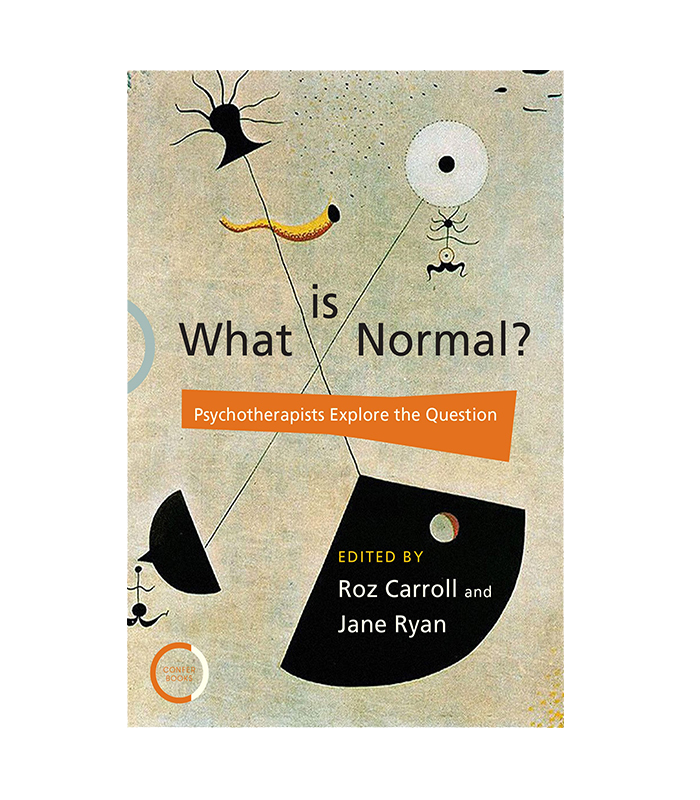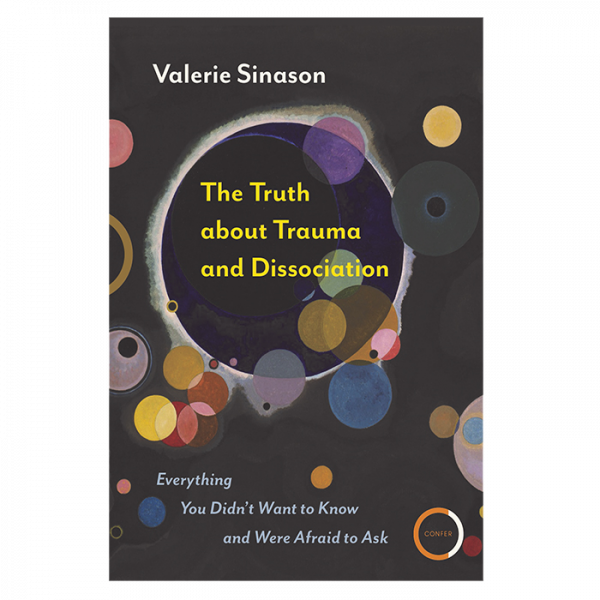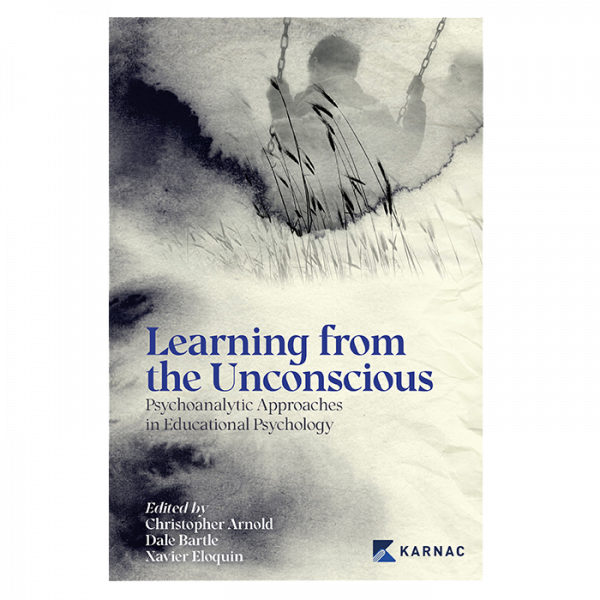Many people strive to be normal, and deviation from accepted norms can feel likefailure. But why do we want to be normal? And what does that mean? Ordinary? Sane? Similar? When probed, the notion of normality starts to look fragile. It is not clear who decides what being normal means or who is entitled to say. Nonetheless, concerns about conforming and being accepted are deeply pervasive.
With an extraordinary diversity of perspectives, the authors featured in this collection – all psychotherapists – use biographical accounts, political analyses and clinical vignettes to challenge the concept of normality. Through these stories and discussions, it emerges that our very uniqueness, oddness and differences as individuals are what make us fully human.
At a time of rapid social change, the freedom to be oneself – whatever form that takes – is at the core of contemporary debate, and this volume makes a vital contribution to that project.






 Jane Ryan trained as a psychoanalytic psychotherapist in the early 1990s. She is the founder and director of Confer, an independent organisation that provides cutting-edge continuing professional development for psychotherapists and medical doctors. It also aims to provide a non-partisan space for the exchange of views between approaches.
Jane Ryan trained as a psychoanalytic psychotherapist in the early 1990s. She is the founder and director of Confer, an independent organisation that provides cutting-edge continuing professional development for psychotherapists and medical doctors. It also aims to provide a non-partisan space for the exchange of views between approaches.
Alexandra Peet, Attachment, 2024 –
‘This book is for therapists and those interested in working with the mind and social and cultural aspects of society. […] The book developed into an anthology of twenty chapters, all of which are written by different psychotherapists and all exploring a different concept in a contemporary setting. They cover a wide range of subjects including sexuality, lying and betrayal, technology, disability, racism, trauma, language, and culture. […] The aim of the book is to increase awareness of, and sensitivity and empathy towards, the individual in today’s contemporary society.’